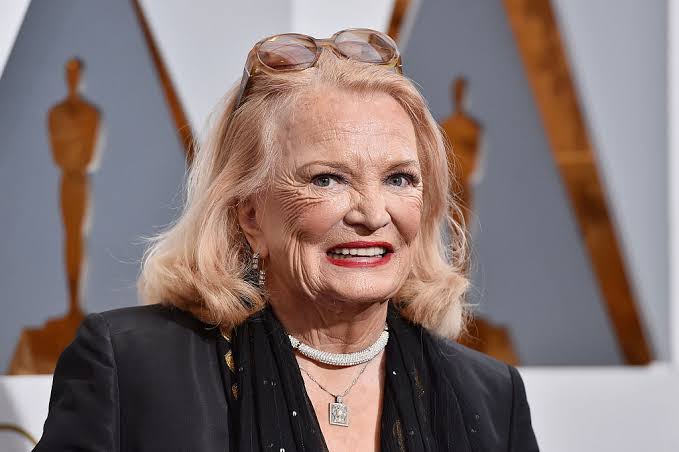TV Licence Price Increase: Here’s How to Cancel and What You Need to Know
The TV licence fee is set to increase in the UK, in line with inflation, according to recent reports. As of 2024, the Department of Culture, Media and Sport has announced that the cost of a TV licence will rise following a two-year freeze. This means that viewers will face a sharp increase in the cost of their licence, with the inflation figure used predicted to be 8.2%. This could see the TV charge increase from £159 to £172, the largest such rise in two decades. The Office for Budget Responsibility predicts that this increase will take the BBC’s licence fee revenue up from £3.7 billion in 2023 to £4 billion next year.
While this rise may feel unavoidable, it’s worth understanding the context behind it. The BBC, funded primarily through the licence fee, has faced increasing financial pressures in recent years. With the rise of streaming services like Netflix and Amazon Prime, traditional broadcasters have had to adapt, and the licence fee remains a vital source of funding for public service broadcasting. However, for many households already grappling with the cost-of-living crisis, this increase will feel like an additional burden.
Unfortunately, nothing can be done about these changes, but let’s delve a little deeper into what this means and explore some of the questions that people often have about the TV licence.
Firstly, what exactly is the TV licence? Well, it’s a legal requirement in the UK for anyone who wants to watch or record live TV or access BBC iPlayer on any device. It’s a bit like a subscription that you pay to the BBC in order to fund the programmes and services they provide. Failure to have a valid TV licence can result in fines of up to £1,000 and even court appearances, so it’s definitely not something to be taken lightly. The system is enforced by TV Licensing, which conducts regular checks to ensure compliance.
But what about those who are over 75? Do they still need to pay the TV licence fee? The answer is no! If you’re over 75, you can apply for a free TV licence, although it’s worth noting that you still need to have a valid one if you want to watch live TV or access BBC iPlayer on any device. This exemption was introduced in 2000 but has undergone changes in recent years, with means-testing introduced in 2020. Pensioners receiving Pension Credit are also eligible for a free licence, so it’s worth checking if you qualify.
So, what channels can you watch without a TV licence? The good news is that there are plenty of options available. You can watch catch-up services such as ITV Hub and All 4, as well as subscription services like Netflix and Amazon Prime, without needing a TV licence. These platforms offer a wealth of content, from blockbuster films to original series, making them a popular alternative for those looking to cut costs. Just remember that if you want to watch live TV or access BBC iPlayer, you’ll need to have a valid licence.
But what if you no longer need a TV licence? Perhaps you’ve decided to cut the cord and ditch live TV altogether? In that case, there is a TV licence cancellation form available that you can use to let the TV Licencing know that you no longer require a licence. It’s a simple process that can save you a lot of money in the long run. You’ll need to confirm that you no longer watch or record live TV or use BBC iPlayer, and you may be asked to provide evidence, such as a signed declaration.
So, while the TV licence fee may not be the most thrilling topic, it’s certainly an important one. As the cost of living continues to rise, it’s important to be aware of what you’re paying for and what your options are. Whether you choose to keep your licence, explore free alternatives, or cancel altogether, understanding the details can help you make an informed decision. And who knows, you might just discover some new and exciting programmes to watch in the process.
Key Takeaways:
- The TV licence fee is set to rise to £172 in 2024, the largest increase in 20 years.
- It is a legal requirement for anyone watching live TV or using BBC iPlayer.
- Those over 75 or receiving Pension Credit may be eligible for a free licence.
- You can watch catch-up and subscription services like Netflix without a licence.
- If you no longer need a licence, use the TV Licencing cancellation form to stop payments.










